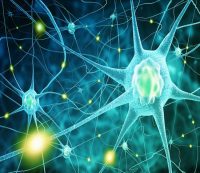Scientific Explanation
Western Scientific Explanation
Presently, there is not one western scientific theory that can honestly explain all of the physiological mechanisms and underlying the effects of Acupuncture.
That’s because Acupuncture has a variety of therapeutic effects on the body. However, Acupuncture primarily produces its results through regulating the nervous system. The nervous system aids in pain-killing biochemicals such as endorphins and immune system cells at specific sites in the body. In addition, studies have shown that Acupuncture may alter brain chemistry by changing the release of neurotransmitters and neurohormones. These affect the central nervous system functions related to sensation and involuntary body functions, such as immune reactions and functions that regulate a person’s blood pressure, blood flow, and body temperature.
In summary, scientists have deduced several theories from observing many individual clinical studies of Acupuncture treatments. These studies and the observed clinical effects all point to the fact that Acupuncture works on the following:
Common Conditions
- Absence of menstrual cycles
- Endometriosis
- Fibroids
- Hashimoto’s disease
- Hot flashes
- Hormone imbalance
- Irregular cycles
- Menopause
- Painful periods
- Pelvic inflammatory disease (PID)
- PMS
- Polycystic Ovarian Syndrome (PCOS)
- Stress and anxiety
- Thyroid imbalance
- Unexplained infertility
- Yeast infections









